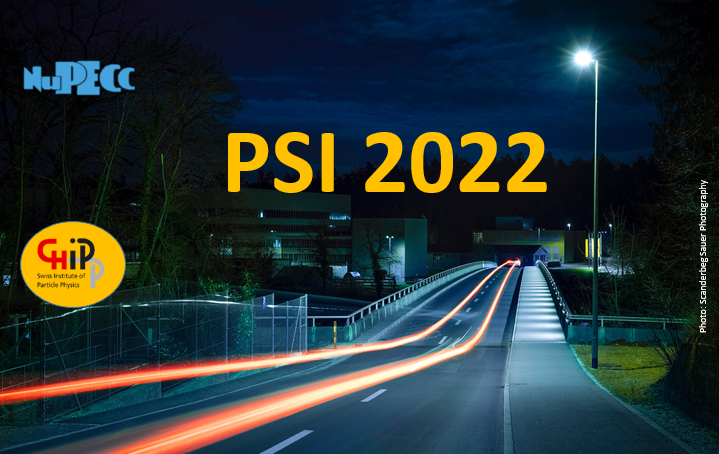Speaker
Description
The advent of silicon detectors with an internal gain mechanism has opened new avenues in the field of low-energy precision physics. However, these sensors need to be modified before they can be used in the field of precision low-energy physics. One sensor, with such modifications, is the so-called pLGAD (proton Low Gain Avalanche Detector) [1]. The sensor stems from the iLGAD (inverse Low Gain Avalanche Diode) technology and takes it a few steps further by optimizing it for use in low-energy physics experiments. The sensor provides a high SNR (Signal to Noise Ratio) with positional resolution, and ease of operation at a fraction of cost of its competitors for low penetrating particles (particles which penetrate <100µm in silicon).
In this talk, first characterization results from the proof of principle run of the pLGAD sensor will be presented. Furthermore, the previously unaccounted effect of proton channeling of will be discussed [2]. The discussion will focus on how channeling introduces the systematic effects, in particular how it can cause changes in the overall backscattering rate, the profile of deposited energy, and depth of the impinging particle within the active sensor area. Consequently, its influence on the efficiency of the pLGAD sensor in the special case of NoMoS (Neutron decay products Momentum Spectrometer) will be demonstrated and the corresponding systematic uncertainty for the detection of low-energy protons (~15keV) will be estimated.
[1] W. Khalid, M. Valentan, A. Doblas, D. Flores, S. Hidalgo, G. Konrad, J. Marton, N. Moffat, D. Moser, S. Onder, G. Pellegrini, J. Villegas, First results for the pLGAD sensor for low-penetrating particles, Nucl. Instr. Meth. A 1040 (2022). DOI: 10.1016/j.nima.2022.167220
[2] W. Khalid, S. Baeßler, G. Hobler, J. Marton, D. Moser, M. Valentan, G. Konrad, The effects of channeling on proton backscattering in neutron beta decay experiments, Nucl. Instr. Meth. A, In preparation.

